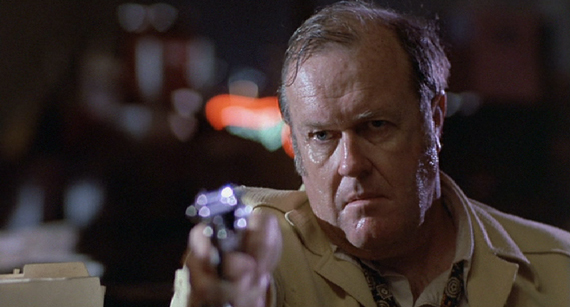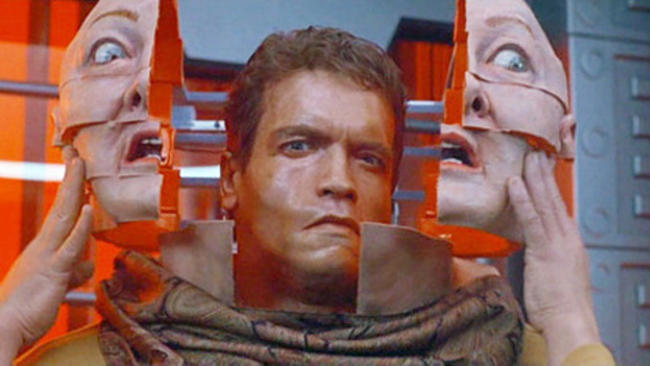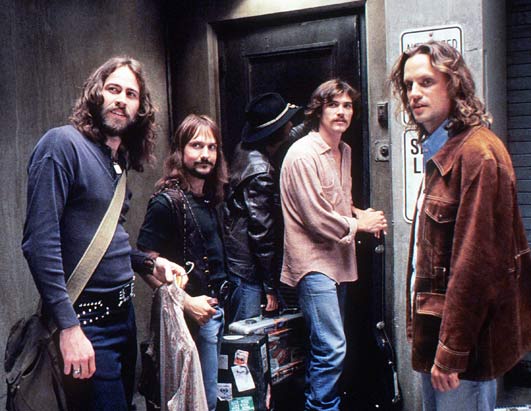The 1960s and 70s brought about a fundamental change to the world of cinema. According to Peter Biskind (author of ‘Easy Riders, Raging Bulls’), the major studios, in a period of rapid decline (as a result of declining audiences), began to relinquish control of their empires to the ambitious artists (directors such as Steven Spielberg and Martin Scorsese, and actors such as Warren Beatty and Jack Nicholson) of this era. It was an unprecedented time for the movies because film became art. It was made for the right reasons; not for profit but rather as expression. Just some of the important films that emerged during this time were ‘Easy Rider’ (1969) and ‘The French Connection’ (1971). However, by the end of the decade, the artist (writer, director and star) had lost control of their powerful position. Through excess and arrogance, the artists fell from their perch high above. The studios gained back what was rightfully theirs, and once again altered the film world into something more concerned about commerce than art.
During the 1980s, society had become enamored and enveloped by the nature of greed. The American Dream, concerned with prosperity and success, had been drilled into the mindset of society. Wall Street, finances, stock quotes, and the all mighty dollar sign became the symbol of a culture concerned only with their selfish selves. According to Sharon Waxman, author of ‘Rebels on the Backlot’ (in regards to the film world), studios began to be purchased by mega multinational corporations (Coca-Cola bought Columbia TriStar, NewsCorp bought Twentieth Century Fox, etc.). The studio heads (people with a legacy/history in film) were now being let go from their jobs to make way for business professionals, concerned only about the bottom line (the almighty dollar).
However, as these capitalistic endeavors were occurring inCalifornia, an underground, independent movement was commencing withinNew York City. Studied in detail by Peter Biskind in his book, ‘Down and Dirty Pictures’, artists trying to ‘make it’, but weary of the commercial world ofHollywood, were striving to recreate the role of the artist. As it was in the 1970s, filmmakers were attempting to breed a distinct and individualistic voice throughout their films. Directors such as Jim Jarmusch and Joel and Ethan Coen (from Minnesota) attempted to remain true to their artistic vision without venturing into the superficial world Hollywood had to offer (Hollywood studios, not wanting to take any unnecessary risks, basically ignored the world of independent film at this time). Yes, these films were low-budget, but that’s what eventually made them special. There was truth to them and they were about something real. They were trying to entertain while simultaneously striving to teach.
It was also at this time that Miramax Films, created by Bob and Harvey Weinstein, began to emerge as an important contributor to the independent film movement. The two brothers were serious about their dream of being able to “make pictures”, and did everything imaginable to see their dream become a reality. It was a very difficult time for independent artists, let alone new studios, to become a serious contender in the film world.Hollywooddominated everything. However, Bob and Harvey stood determined and began to invest in small pictures to help propel the company forward. Eventually, they became the ‘kings of the underworld’, and Miramax was soon deemed ‘the artists’ studio’. During this time, Miramax distributed such classics as ‘Sex, Lies and Videotape’ (1989), ‘My Left Foot’ (1989) and ‘The Crying Game’ (1992). Bob and Harvey both knew that it would be difficult to compete financially withHollywoodmovies, so they decided to focus their intentions on the idea of artistic and critically acclaimed films. The gamble paid off and they soon became a major player in the world of cinema (In 1993, Miramax was purchased by The Walt Disney Company for $70 million).
As the 1990s approached, the world of independent cinema gradually began to elicit reactions from the mainstream. Society had started to take notice of it and the artists that were emerging as a result.Hollywood, still wrapped up in their own narcissistic endeavors, refused to acknowledge the presence of any sort of competition. What happened next would not only shake Hollywood to its core, but would forever alter the film industry.



